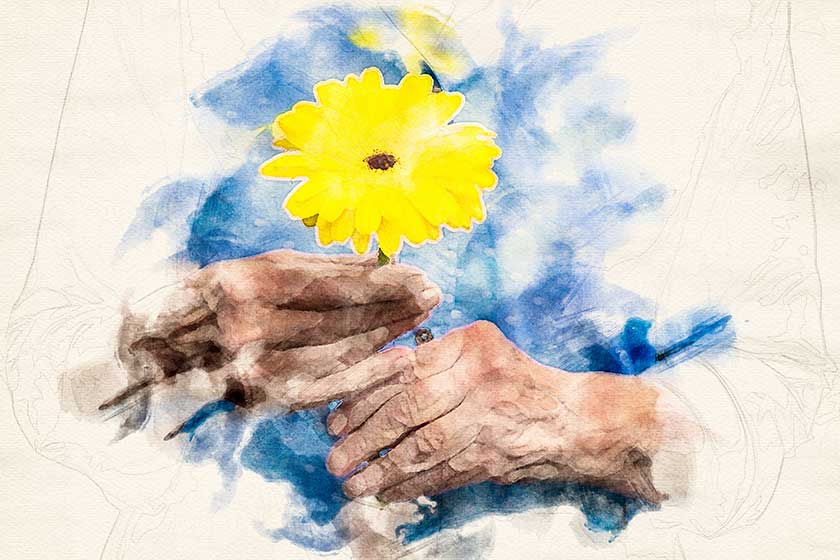For patients suffering from dementia, art therapy is a great way to connect with the world and it’s a way for them to express themselves. Artistic expression can dramatically increase in the absence of verbal skills, according to researchers. This is an approach to memory loss management that is not common knowledge. Those without prior artistic talent can still find an outlet with the aid of trained facilitators.
Understanding Art Therapy
This is an approach to the management of memory loss and dementia that utilizes drawing, painting, and other forms of art to help people express themselves and achieve overall mental wellness. It has been observed that people who have undergone art therapy improve their cognitive functions while gaining the ability to express themselves more effectively. In the absence of verbal skills, researchers believe that artistic expression can increase dramatically. People of all artistic abilities can find a way to express themselves with the help of trained facilitators. Here are some benefits of art therapy and how it can help people suffering from dementia.
Improved Memory Functions
Art therapy is a mental function as much as it is a physical one. When your loved one is painting or drawing, they are reaching into their memory in order to put onto canvas what is on their minds. Doing this helps to improve memory functions as it also stimulates the mind. The ability to visualize images in their minds fires up the neurons and ensures that they stay active. This has a mitigating effect on memory loss.
Social Benefits
Art therapy sessions are typically group sessions and such activities have a great effect on the mental well-being of your loved one. Getting to interact with his or her peers is good for their health. Through such connections, they are able to make new friends and create lasting friendships. This is good for reducing stress and minimizes the risk of conditions such as depression.
Better Motor Skills
Painting and drawing rely a lot on motor skills. Moving a paintbrush or pencil precisely on canvas will help your loved one develop excellent motor skills. This in turn translates to an improvement in balance, grip, and much more. Although your loved one may struggle at first, the more they engage in art therapy, the better they will become at these motor skills.
Less Stress
Your loved one may be struggling with the transition from a busy work schedule to retirement. Art therapy is a great way to keep their minds engaged and active, staving off boredom. The upside to this is that there are real mental benefits to keeping your loved one engaged. For example, stress can increase the likelihood of medical problems such as high blood pressure and even depression.
Through art therapy, your loved one is able to minimize the chances of this happening. The other great thing about art therapy is that it does not require your loved one to have any prior art skills. They are therefore under no pressure to produce the artwork, and the process is just as important as the finished product.







